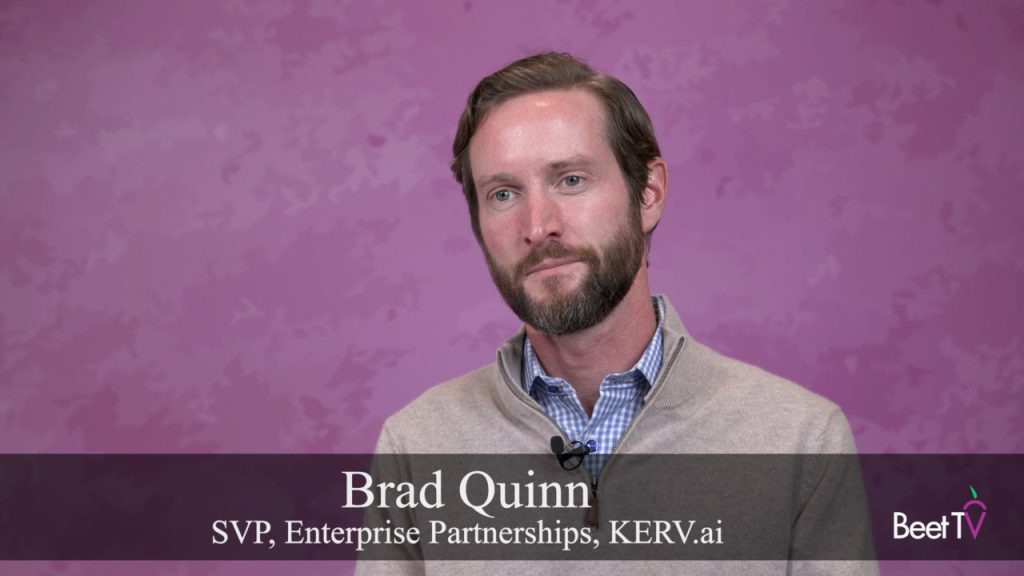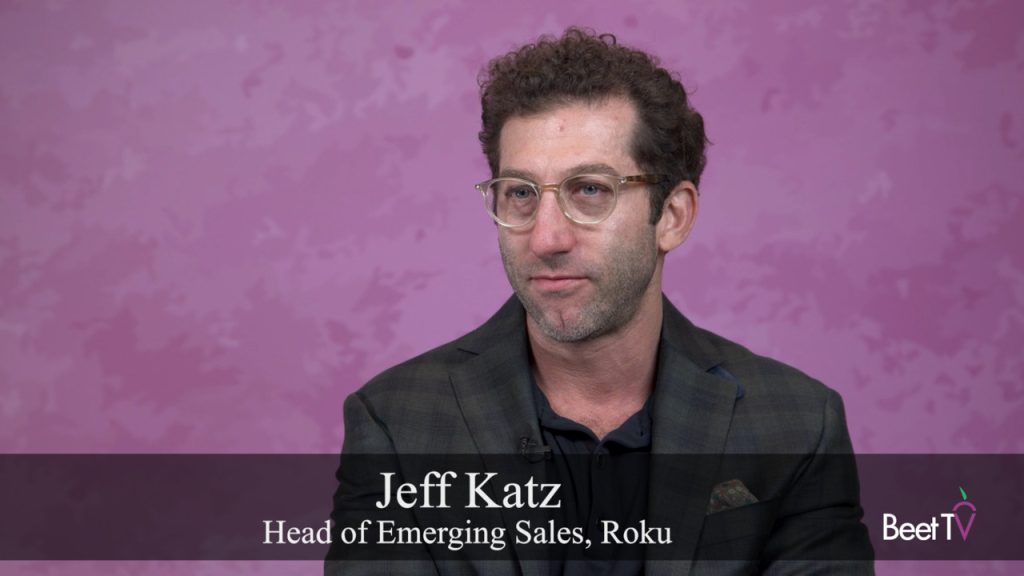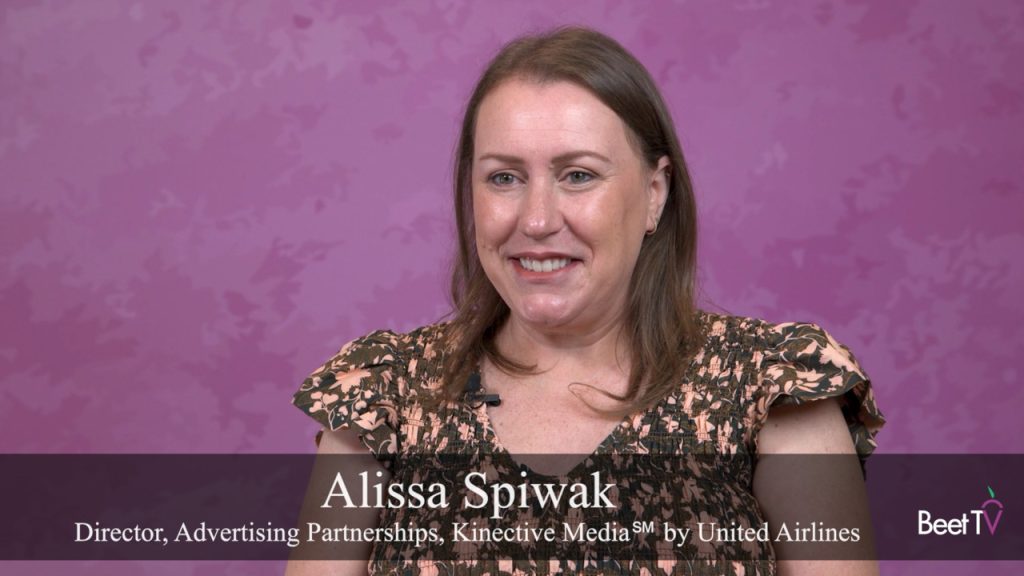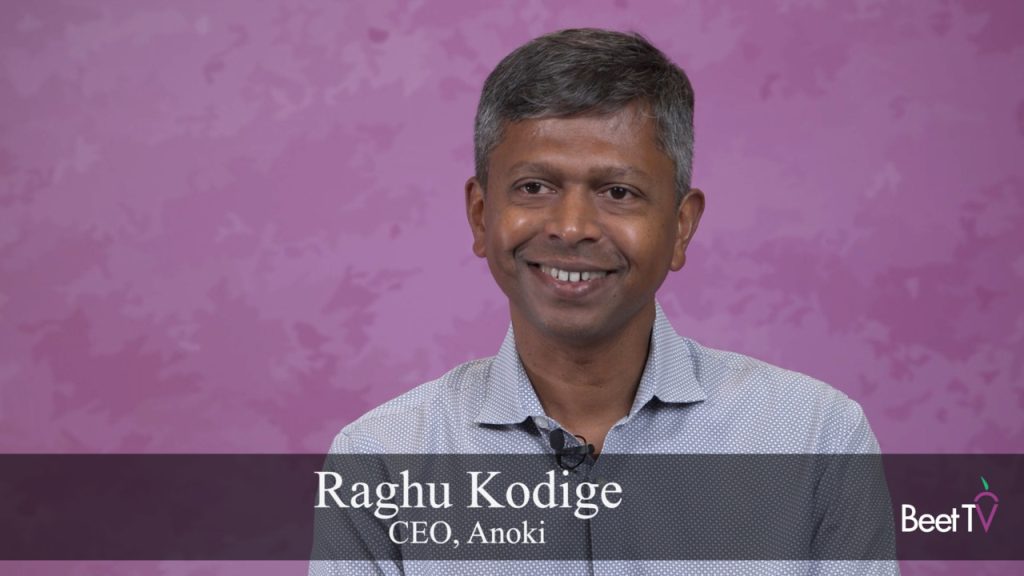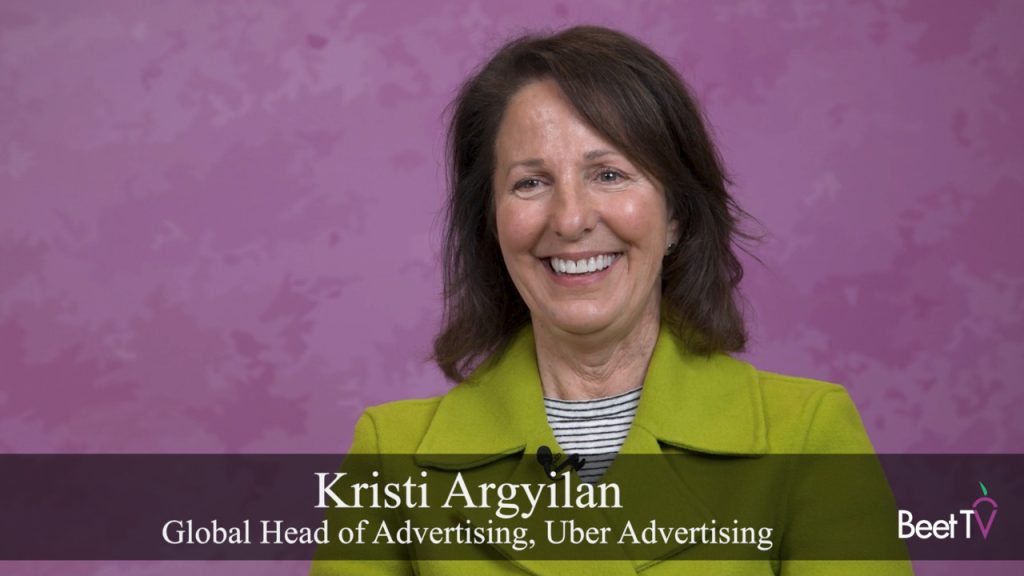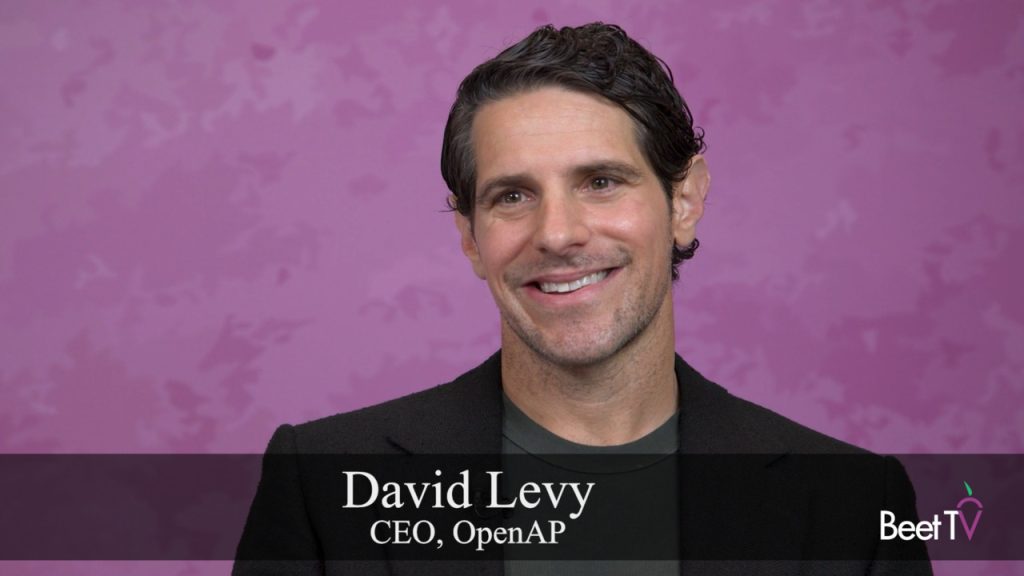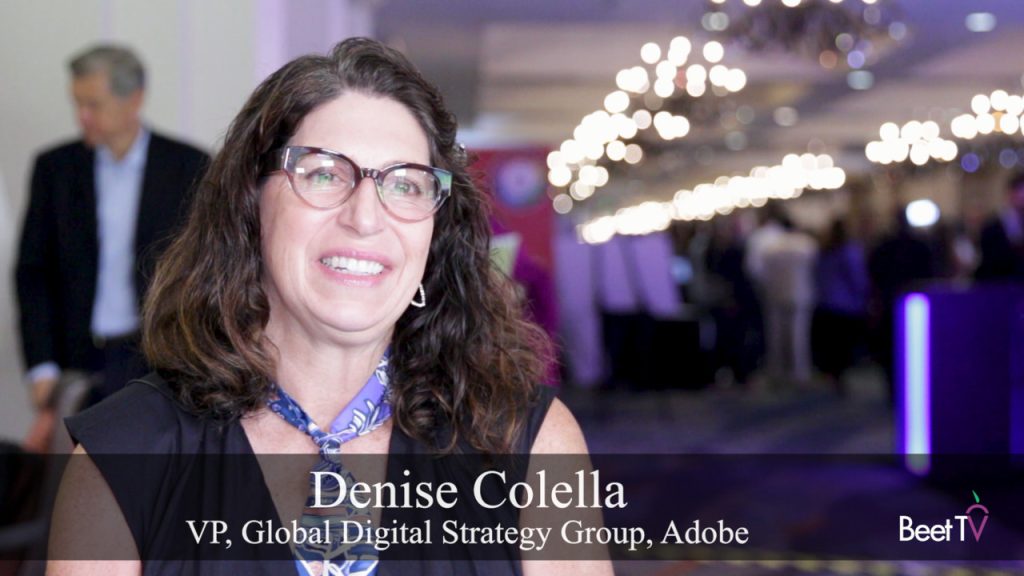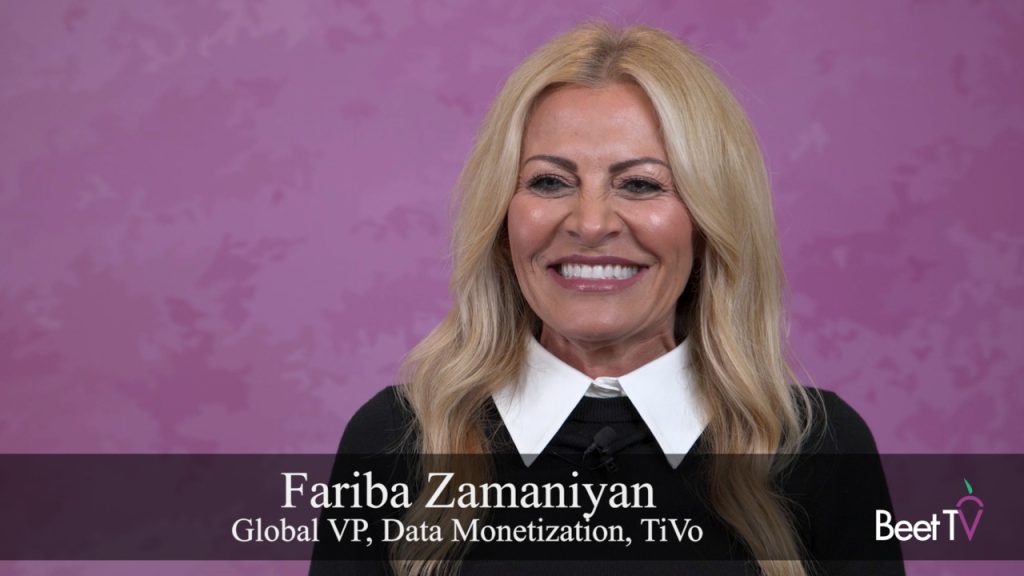VIA BEETCAM — Fears that COVID-19 will hurt the global media industry are spreading as fast as the coronavirus itself.
But which parts of the ecology will suffer most, and how exactly?
In this video interview with Beet.TV, James Fennessy, CEO of Standard Media Index (SMI), offers his view.
SMI has sight of advertising trends because it “cleans” almost $70 billion of US advertisings spend this year, piped straight from agency booking systems.
Ad agencies give SMI their invoices indicating between 70% and 95% of all their spending, aggregated and anonymized. SMI then makes it available back to agencies, publishers and hedge funds as intelligence, to variously understand ad pricing, product trends and TV events.
Brands: Partial risk
Fennessey thinks 40% of the market – comprising automotive, retail, restaurants and investment services, worth $45 billion – has “serious downside risk due to coronavirus”, whilst the remaining 60% has “limited risk”, being more protected.
Broadcast: Relative resilience
“Television is bought a long way in advance and those commitments are locked in over a long period of time – so we don’t see as much impact happening in TV,” Fennessey says.
“But I think you will see some opportunistic entertainment-focused advertisers start to come in, particularly those that are selling online, particularly those that have got fast-moving consumer goods. Anything around food, anything around online retail, I think it’s going to be halcyon days for those types of industries. I think you’re going to see a huge spike for cable news.”
Sport: Losing the game
“The March Madness tournament, the NCAA, is worth around $850 million to the networks,” Fennessey says. “The NBA in late Q1, Q2 is worth another $800 million. The NHL at this time of year is booking about $100 million, and then soccer, golf, and baseball around $100 million dollars each.
“All of that inventory is going to come out of the marketplace, that’s presumably going to be replaced by, in the large part, entertainment programming. But that entertainment programme is going to have a different type of advertisement mix and clearly, isn’t going to be attracting anywhere near the types of audiences that that sport will be.”
Digital: Braced for a bump
“Digital dollars are a lot more fluid,” Fennessey warns. “It’s a lot easier to take those dollars out of the marketplace. We’re going to see a big impact of major marketers pulling digital spend back.
“But, really, where we see the big impact happening in the marketplace is going to be the SMB market because those small-to-medium size businesses don’t have the financial capacity, they don’t have the money in the bank to continue advertising through a time like this.”
“We think it’s going to be very interesting to see how Facebook and Google perform through this period, when they are so heavily aligned to the small business and the impact that those folks are going to be suffering.”
Fennessy was interviewed remotely at home in London by Beet.TV editorial and strategy director Jon Watts via the BeetCam powered by Zoom.



























